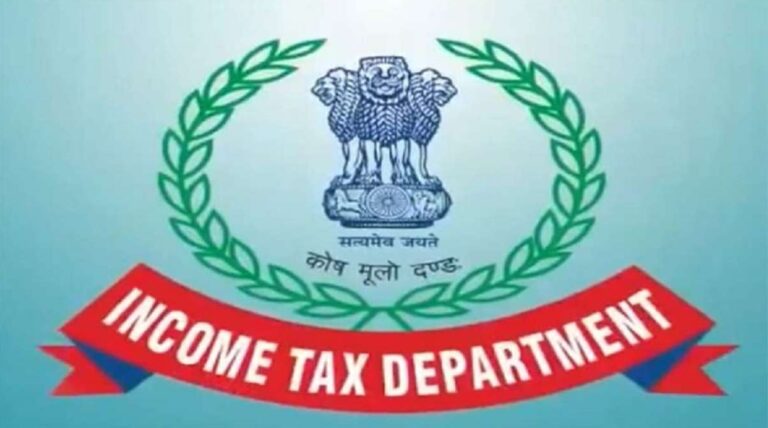In a significant compliance drive, the Income Tax Department of India has launched a nationwide crackdown against entities and individuals who have failed to report high-value financial transactions for the financial years 2023–24 and 2024–25. The department’s initiative aims to tighten surveillance over unaccounted money flows and strengthen the reporting ecosystem under the Statement of Financial Transactions (SFT) and Significant Reportable Accounts (SRA) frameworks.
Focus on Transparency and Compliance
Under the Income Tax Act, specified entities such as banks, mutual funds, registrars, companies, and other reporting institutions are mandated to submit annual statements of financial transactions. These statements help the tax department identify individuals or businesses engaged in large financial activities that may not be reflected in their income tax returns.
The SFT and SRA filings are a crucial part of the government’s strategy to enhance financial transparency. These statements capture data on high-value transactions, including cash deposits, property purchases, investments, and luxury expenditures. When cross-verified with taxpayers’ income declarations, any mismatch can indicate potential tax evasion or concealment of income.
The Crackdown Begins
According to officials, the Income Tax Department has started issuing notices to thousands of entities across the country that failed to file their SFT/SRA reports within the prescribed deadlines. The drive is being conducted both at the regional and national levels, involving data analytics units and compliance monitoring cells.
Entities that did not submit the required reports despite repeated reminders and warnings are now facing penalties and potential prosecution under the Income Tax Act. The department has set an aggressive timeline — the entire process of issuing notices and imposing penalties is to be completed by the end of November 2025.
Officials emphasized that the department’s data analytics systems have been strengthened to track high-value financial activity through multiple digital channels, including banks, payment gateways, and property registration databases. These systems automatically flag suspicious transactions that remain unreported or inconsistent with tax filings.
Transactions Under Scrutiny
The crackdown primarily targets non-reporting of high-value transactions, which include the following categories:
-
Cash deposits exceeding prescribed limits in bank accounts.
-
Purchase of motor vehicles, including luxury cars, without valid PAN linkage.
-
Gold purchases above specified thresholds, especially in cash.
-
Luxury hotel or travel expenditures exceeding ₹50,000 in a single transaction.
-
Purchase or sale of immovable property without proper PAN quoting or SFT reporting.
These transactions, by their nature, often indicate significant spending capacity or wealth creation. When not reflected in the tax records, they raise questions about the source of funds and potential income concealment.
Penalties for Non-Compliance
As per Section 271FA of the Income Tax Act, failure to furnish SFT or SRA statements attracts a penalty of ₹500 per day of default. If the entity still does not comply even after a notice from the department, the penalty increases to ₹1,000 per day until the statement is filed. In extreme cases, the department may also initiate prosecution for willful non-compliance.
Tax experts have noted that many small institutions, cooperative societies, and local business entities remain unaware of their SFT obligations. The department, however, has made it clear that ignorance of the law is not an excuse for non-compliance.
Way Forward
This crackdown underscores the government’s continued push toward a data-driven compliance regime, where technology and information exchange between agencies play a central role in curbing tax evasion. Taxpayers and reporting institutions are advised to review their records and ensure that all eligible transactions for FY 2023–24 and FY 2024–25 are duly reported.
By tightening the enforcement around SFT and SRA filings, the Income Tax Department aims to strengthen financial transparency and ensure that high-value economic activities are properly reflected in the tax system — a move that aligns with India’s broader goal of widening the tax base and promoting voluntary compliance.
Focus Keywords:
Income Tax Department, high-value transactions, Statement of Financial Transactions, SFT filing, SRA reporting, income tax compliance, cash deposits, gold purchase, property purchase, PAN requirement, tax penalty, financial transparency.
